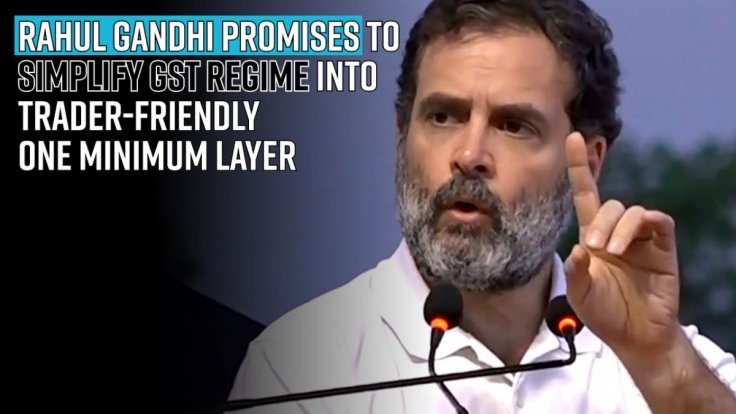
As India's general election looms closer, the long-standing Congress party finds itself grappling with internal challenges while gearing up for a pivotal electoral battle. The party, which has stood for over a century, is experiencing a downturn among its members, yet remains optimistic about its prospects once corrupt and opportunistic leaders sever ties.
In Uttar Pradesh, a crucial state with 80 parliamentary seats, the ruling Bharatiya Janata Party (BJP) is eyeing a comprehensive victory, targeting dominance not only in the state but also across the nation as polling day approaches.
Initial forecasts suggested a triumphant return for Prime Minister Modi's BJP, poised for an unprecedented third consecutive term. However, recent surveys hint at a groundswell of public sentiment favoring a shift away from the incumbent government.
The political landscape has been further shaped by the formation of the anti-BJP "INDIA" coalition, comprising more than two dozen opposition parties, including the Congress. Despite challenges such as internal dissent and defections, a new coalition possibility is emerging, potentially altering the electoral calculus.
Political analysts frame the contest as a showdown between the ruling party and the electorate at large, transcending traditional party lines. The Congress, under the leadership of Mallikarjun Kharge, emphasizes unity against the BJP, reaffirming its commitment to democratic principles.
Concerns loom over the BJP's alleged discriminatory practices and authoritarian tendencies, with critics cautioning against a continuation of the current regime. The BJP refutes accusations of religious bias and authoritarianism, dismissing them as baseless.
Amidst fundraising setbacks and defections, Congress remains resolute, focusing on its core agenda of social justice and employment generation. Despite challenges, the party maintains its relevance on the national stage, banking on its ideological convictions and grassroots support.
The recent arrest of Delhi's chief minister has galvanized opposition forces, fostering nascent unity among disparate parties. However, the BJP has capitalized on defections from rival camps, bolstering its ranks and consolidating power.
The ascent of Rahul Gandhi, despite internal party dynamics favoring the Gandhi family, underscores efforts to rejuvenate Congress's appeal. Gandhi's grassroots initiatives and vocal criticism of the government's ties with corporate giants resonate with sections of the electorate.
As the electoral battle intensifies, the Congress finds itself at a crossroads, balancing internal cohesion with external challenges. Despite uncertainties, loyalists view the Gandhis as pivotal to the party's resurgence, banking on their leadership to mount a formidable challenge against the ruling BJP.








